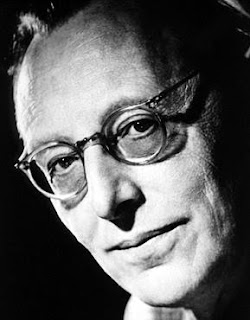
Charlie and the Chocolate Factory took me a terrible long time to write. The first time I did it, I got everything wrong. I wrote a story about a little boy who was going round a chocolate factory and he accidentally fell into a big tub of melted chocolate and got sucked into the machine that made chocolate figures and he couldn't get out. It was a splendid big chocolate figure, a chocolate boy the same size as him. And it was Easter time, and the figure was put in a shop window, and in the end a lady came in and bought it as an Easter present for her little girl, and carried it home.
On Easter Day, the little girl opened the box with her present in it, and took it out… and then she decided to eat some of it. She would start with the head, she thought. So she broke off the nose, and when she saw a real human nose sticking out underneath and too big bright human eyes staring at her through the eye-holes in the chocolate, she got a nasty shock. And so it went on. But the story wasn't good enough. I rewrote it, and rewrote it, and the little tentacles kept shooting out from my head, searching for new ideas, and at last one of them came back with Mr Willy Wonka and his marvellous chocolate factory… and then came Charlie… and his parents and grandparents… and the Golden Tickets… and the nasty children, Violet Beauregarde and Veruca Salt and all the rest of them.
As a matter of fact, I got so wrapped up in all those nasty children, and they made me giggle so much that I couldn't stop inventing them. In the first full version of Charlie and the Chocolate Factory, I had no less than 10 horrid little boys and girls. That was too many. It became confusing. It wasn't a good book. But I liked them all so much, I didn't want to take any of them out.
One of them, who was taken out in the end, was a horrid little girl who was disgustingly rude to her parents and also thoroughly disobedient. Her name was Miranda Mary Piker. And I remember she fell into a machine that made peanut-brittle. And at the end of it all the Oompa-Loompas sang this song (which never appeared in the book): Oh Miranda Mary Piker How could anybody like her, Such a rude and disobedient little kid.
So we said why don't we fix her In the peanut-brittle mixer.
Then we're sure to like her better than we did.
Soon this child who was so vicious Will have gotten quite delicious, And her father will have surely understood, That instead of saying, 'Miranda, Oh the beast I cannot stand her', He'll be saying, 'Oh, how luscious and how good!'













